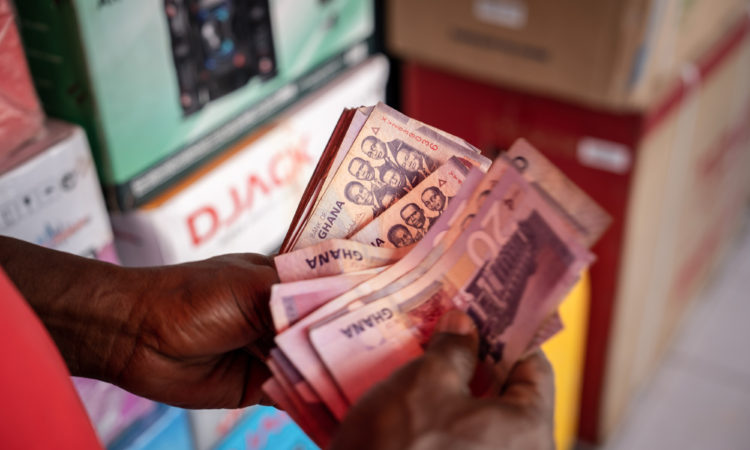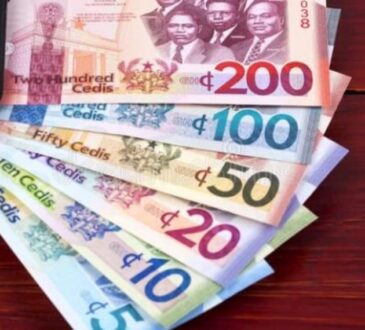
On June 3, 2024, the Bank of Ghana (BoG) successfully raised GHS 386 million by issuing 56-day bills at an interest rate of 29 per cent.
This auction, conducted without disclosed bid values from primary dealers or a stated target, underscores the Central Bank’s ongoing efforts to manage liquidity within the banking system.
Central bank bills are a cornerstone of Open Market Operations (OMO), serving as essential tools for regulating the money supply.
The BoG’s issuance of these short-term securities is a deliberate strategy to fine-tune financial system liquidity, ensuring stability and controlling inflationary pressures.
The proceeds from these auctions serve dual purposes: managing liquidity and providing short-term funding for the government.
The 29 per cent interest rate reflects the BoG’s monetary policy stance, signalling broader economic conditions and the Central Bank’s strategic intent to influence market rates and control the money supply.
This move illustrates the BoG’s proactive measures to address economic challenges and support governmental fiscal needs.
By selling bills, the BoG effectively reduces the amount of money circulating in the economy, thereby tightening liquidity.
This action aids in controlling inflation and demonstrates the Central Bank’s commitment to financial stability.
The interest rate highlights the BoG’s approach to mitigating inflationary risks and stabilizing the economy amidst prevailing economic conditions. As the economic landscape evolves, the efficacy of such monetary tools remains crucial in achieving monetary policy objectives.







